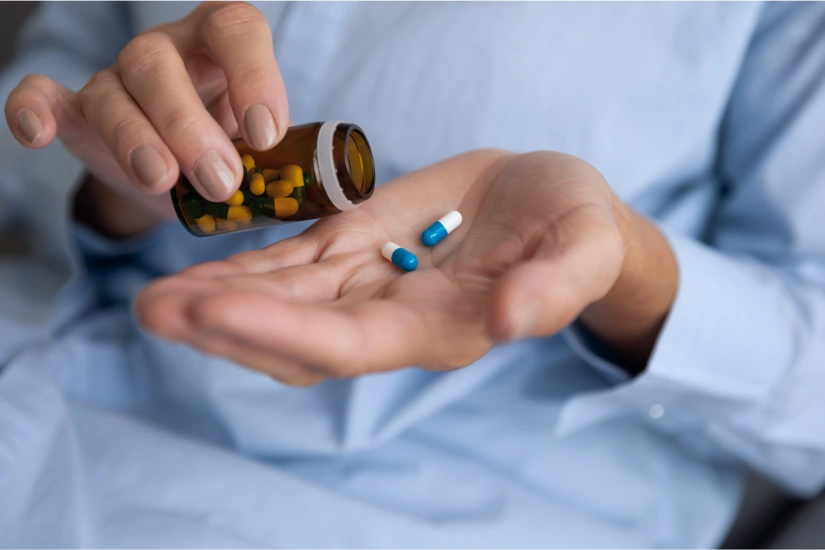24/7 Helpline:
(866) 899-111424/7 Helpline:
(866) 899-1114
Learn more about Meth Detox centers in Prince George
Meth Detox in Other Cities

Other Insurance Options

Excellus

Lucent

Magellan

Choice Care Network

Aetna

EmblemHealth

BlueShield

Private insurance

Carleon

Cigna

MHNNet Behavioral Health

PHCS Network

Humana

State Farm

Ceridian

Regence

AllWell

UnitedHealth Group

Health Partners

Optima












Community Services Board – Prince George Counseling
Community Services Board - Prince George Counseling Services offers outpatient treatment for adults ...


